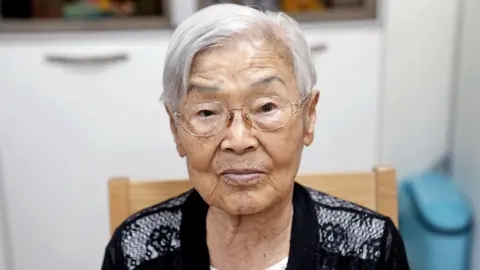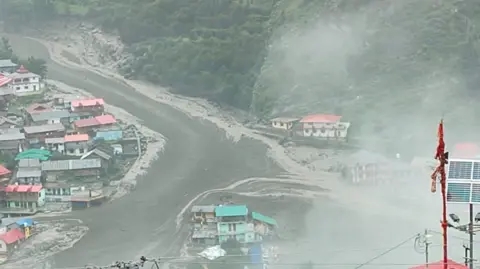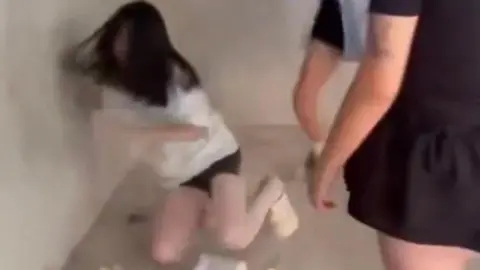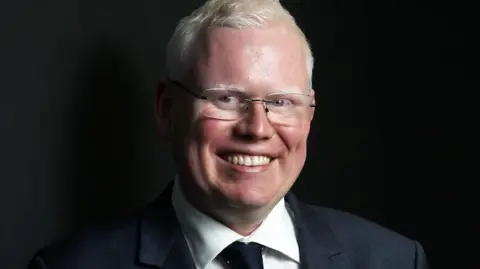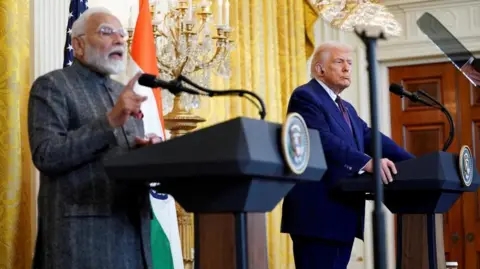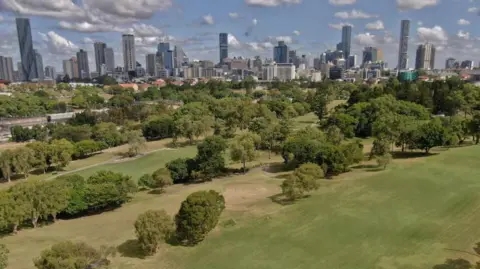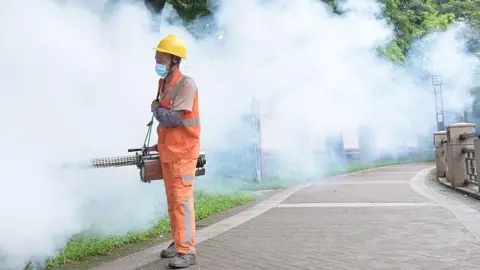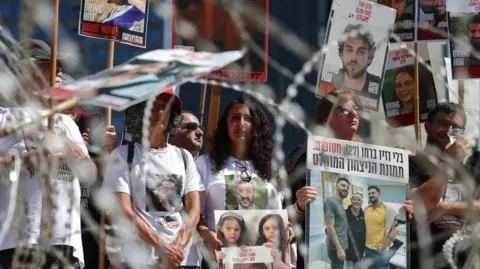At 8:15 a.m. on August 6, 1945, as the world’s first atomic bomb descended upon Hiroshima, Lee Jung-soon was walking to school. Now 88, she still struggles to speak of that day.
“My father rushed home, shouting for us to flee,” she recalls. “The streets were covered with bodies—people melted until only their eyes remained.” The blast, equivalent to 15,000 tons of TNT, left thousands of corpses unrecognizable. “It was a weapon beyond terror,” she says.
Eighty years later, the devastation of Hiroshima and Nagasaki—events that forced Japan’s surrender and ended World War II—is widely documented. But less known is the fate of the 140,000 Koreans living in Hiroshima at the time. Many had been forcibly relocated during Japan’s colonial rule, only to face further suffering after the bomb fell.
Today, survivors like Lee and Shim Jin-tae, 83, live in Hapcheon, South Korea, a town now called “Korea’s Hiroshima” due to its high concentration of survivors. Their struggles extend beyond physical injuries—radiation exposure has plagued their descendants with chronic illnesses, yet official recognition remains elusive.
“No one takes responsibility,” Shim says bitterly. “Not the U.S., not Japan, not even our own government. We are left to suffer alone.”
A Legacy of Pain
Forced into dangerous cleanup work after the bombing, Korean laborers faced deadly radiation exposure. Shim, who leads a survivors’ association, recounts how they gathered bodies with dustpans, burning them in schoolyards. “Most of the dead were Korean,” he says.
Survivors who returned to Korea were met with stigma. “People thought we were cursed,” Lee remembers. Severe burns and deformities led to social exclusion, while unexplained illnesses—cancer, heart disease, kidney failure—persisted across generations.
Han Jeong-sun, a second-generation survivor, was born with avascular necrosis, leaving her unable to walk. Her son has cerebral palsy. “My in-laws blamed me,” she says. “But how can I prove the bomb caused this?”
Decades of Neglect
Despite studies showing higher illness rates among survivors’ descendants, South Korea only began official research in 2019. Authorities demand scientific proof before extending aid—a demand many find insulting.
“My pain is proof enough,” Han says. “Must we die before they believe us?”
Last month, Japanese officials visited Hapcheon for the first time, laying flowers at a memorial but offering no apology for wartime atrocities. Activists like Junko Ichiba argue that true peace requires acknowledgment. “Japan’s textbooks still erase our history,” she says.
A Fading Voice
For survivors, the fight is about more than compensation—it’s about memory. “If we forget, it will happen again,” Shim warns. “Soon, no one will be left to tell our story.”
As time runs out for the last witnesses, their plea remains: the world must remember not just the bomb, but those it condemned to a lifetime of suffering.
